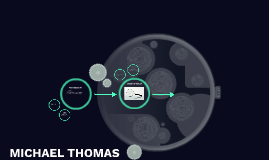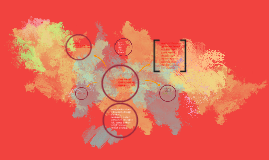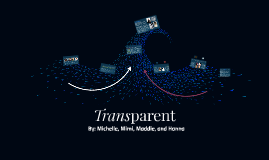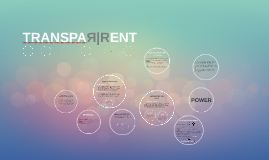Transparent
Transcript: We chose to address the individual issues of the family instead of looking at their problems from a macro perspective. We did not speak on the social injustices that affect transgendered people. ? -Class Activity- “you guys” OVERVIEW OF SIM Dominant language discourse 1 Transgender Parent Fook, J., & Gardner, F. (2007). Practising critical reflection: A resource handbook. Maidenhead: Open University Press. Healy, K. (2005). Social work theories in context: Creating frameworks for practice. New York, NY: Palgrave Macmillan. Healy, K., & Mulholland, J. (2007). Writing skills for social workers. SAGE. https://www.youtube.com/watch?v=N_yBGQqg7 kM We focused on facilitating discussions and communication between the family members. We did not necessarily expect to find solutions to all the various issues each person was facing individually by the end of the session. validating "kids" We started by asking about the beginning and when it all started then slowly move toward what happened after and how it affected their lives Fluidity of Power chair position body language NORMAL What is something that you view as 'normal', but may not be perceived as 'normal' by others? Sarah Not married Societal binaries pronouns everyone's view of 'normal' is different differences in view of cultural or religious norms, moral norms, life style etc. froze AOP Practices: Judith (Frank), Marion, Jenny, and Matt are a family of 4, who made an appointment at the office to help the family to deal with a 'big change' that occurred a year ago. Upon arriving at the office and meeting the family, we were told that their father had transitioned into a women. The family was struggling to move forward after this transition and was in need of support to reopen communication amongst one another. "you guys" (Source: Healy, K. Social Work Theories in Context, 2005) POWER Narrative Approach: Practice 2: Critical Assessment of Service users’ Experiences of Oppression "right" Solution Based Approach mis-communication Sheridan Legitimate/Expert power Informational power Referent power (Foucault, validating Upon getting some information on what each family member wanted from this session, we tried to carefully evaluate the needs and wants and set goals based on their wants It was important for us to remember where we stood at that moment in comparison to the family and the power that we held in that situation. Practice 1: Critical Reflection on Self in Practice TRANSPAЯ|RENT During the session the group tried to set realistic goals for the family to help them move forward with their new reality apologizing stay calm Heterosexual Married Because of time restraints and the initial hesitation from most family members, we did not employ narrative therapy. We asked the family to share some of their feelings regarding Judith's transition and we enabled discussion but we did not delve too deeply into everyone's story and experiences. Approaches not used Sim Family Jaclyn Power is exercised, not possessed (Fook, 2 parents silence Looking at Trans Issues 1. How do you gain back the trust of the service user when you start off on the wrong foot? 2. How do you approach a topic that you are not comfortable or knowledgeable to be in the "expert role"? 3. How do you balance your attention when dealing with a group? What is ? Practice 4: Working in Partnership “there is nothing wrong with you, but theres a lot wrong with the world we live in” -Chris Colfer Strengths perspective: Practice 3: Empowering Service Users Language By focusing on how strong each individual was in the transformation of Judith helped to open up each person to talking about how they dealt with the transformation and how they felt about it Nuclear Family Many times throughout the simulation, we let the family communicate amongst each other without jumping in ourselves. We did jump in when we felt that one family member in the conversation was losing respect for the others or the conversation became non-reciprocal. honesty (Source: Healy, K. Social Work Theories in Context, 2005) REFERENCES trust AOP Practices Continued... "embarrassment" courage validate? fidgeting Social Location When did we use our power? When did we allow space for power? love Task Centered Approach: Cherie exclusion Sexual orientation: attraction of someone of the same or opposite gender Gender identity: how you perceive YOURSELF/personal self identity Cis-gender: identity and body are aligned (inside and out) Transgender: denoting or relating to a person whose self-identity does not conform unambiguously to conventional notions of male or female gender. Within the simulation, it was important to make sure that each family member was heard and able to share their feelings, in a way that began to building a line of communication. no judgement Problem Solving Approach: Approaches Used As a group we were made sure that there was always clear communication about who we were as social workers and what our intensions were. It was

















